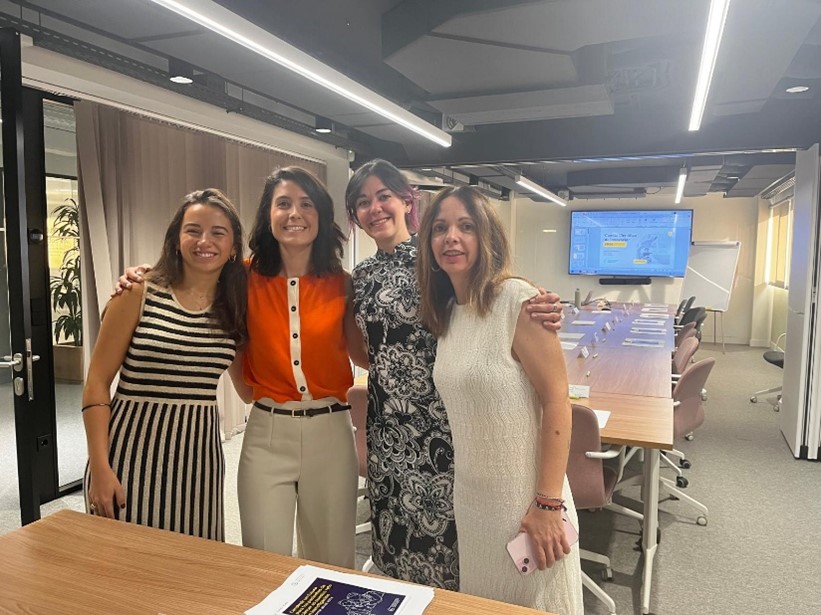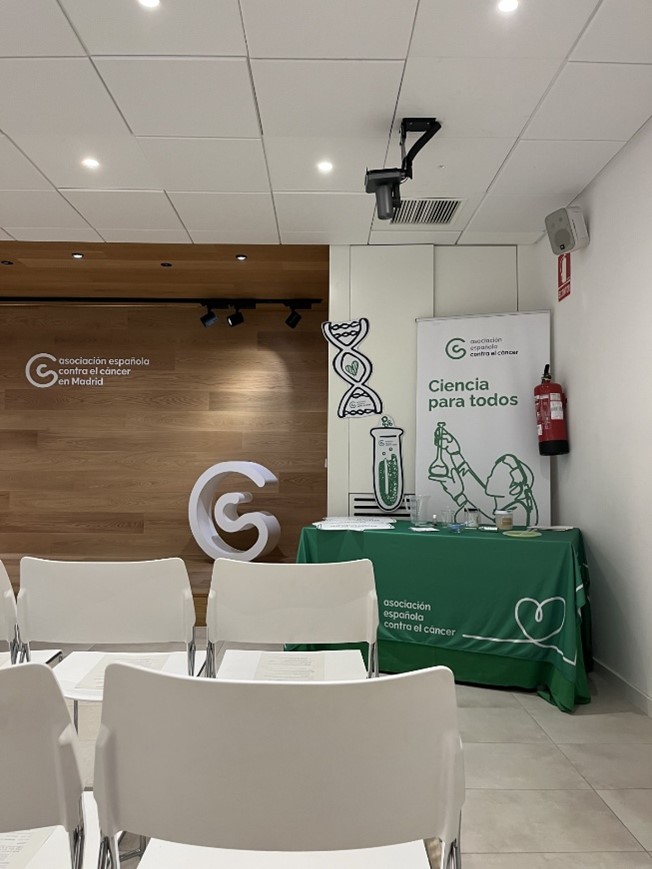
Strategic Investment Planning for Oncology Innovation: My Internship at the Scientific Foundation of the Spanish Association Against Cancer
The Scientific Foundation of the Spanish Association Against Cancer (AECC) has set an ambitious goal: to increase the cancer survival rate in Spain to 70% by 2030. Achieving this will require a long-term commitment to accelerating research, improving patient outcomes, and facilitating the transfer of scientific discoveries to clinical application. As part of its Strategic Plan 2025–2028, the Foundation is focusing on how to fund innovation more effectively in later development phases, particularly those that are high-risk and capital-intensive but essential for reaching patients.
During my internship, I had the opportunity to contribute to this strategic effort by evaluating how the Foundation could participate in the investment to support oncology projects in Technology Readiness Levels (TRL) 6–7. These are phases where scientific ideas are close to clinical proof of concept but often face significant funding barriers, with estimated development costs ranging from €4-6M. The aim was to explore how the Foundation could act as a catalyst by co-investing with aligned partners and creating the conditions to attract industrial interest.

Designing a sustainable investment strategy
My main task was to deliver a recommendation on the most suitable model through which the Foundation could channel investment into these advanced research stages. I explored different structures (e.g. specific co-investment schemes with partners), analysing their advantages, legal frameworks, governance implications, and international success examples.
Throughout the process, I conducted interviews and technical discussions with asset managers and independent experts to assess the strategic alignment, appetite for collaboration, and operational requirements of each option.
The outcome was a detailed recommendation and action plan, designed to guide internal preparation for launching the investment by 2026. This work represents a step forward in helping the Foundation fulfil its mission of bridging the gap between scientific progress and patient benefit.

Improving tools for impact assessment
In addition to the core project, I contributed to two complementary lines of work. The first involved reviewing the AECC Impact programme, which supports biotech startups working on cancer-related solutions. These companies often have limited financial history and are not yet profitable, which makes evaluation challenging.
To support the decision-making process, I developed a tool to interpret key financial metrics and ratios, allowing for more nuanced analysis of company operations, burn rate, and capital efficiency.
The second initiative focused on enhancing collaboration among the Foundation’s accredited cancer research centres. I worked on defining a strategy to improve the visibility and sharing of each centre’s unique technological platforms. The goal was to promote resource optimisation, ultimately contributing to a more integrated and efficient national research ecosystem.
During the grant award ceremony organised by the Spanish Association Against Cancer, I visited the AECC’s largest headquarters, where I saw firsthand the organisation’s broader impact beyond research. In addition to funding, the AECC provides psychological support, physiotherapy, and patient care spaces, offering a more comprehensive view of how it supports people affected by cancer.
This internship experience was supported by the INSEAD Hoffmann Institute Impact Internship Stipend.




